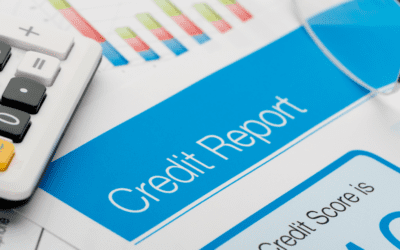Access to your personal information
Typically, cybercriminals hack your Facebook account to access your personal information, which they use to steal your identity. A hacker who gains access to your Facebook account can potentially obtain the following information about you (if it’s stored on Facebook):
- Contact info: Names, email addresses, phone numbers, and physical addresses of you and your friends.
- Financial info: Credit card numbers, bank account details, and other sensitive financial information.
- Login credentials: Usernames and passwords for other online accounts.
- Personal info: Date of birth, gender, interests, hobbies, and other personal details.
- Photos and videos: Personal images and videos that you’ve uploaded may reveal details about your life, relationships, and activities.
We’ll tackle how to prevent your Facebook account from getting hacked in a later article.
But for now, be cautious about the information you share or store on Facebook.
Access to your friends’ personal information
In addition to your data, hackers can also get info about your friends. Here are some of the sneaky methods these cyber villains use:
- Contacts list: By accessing your contacts list, the hacker can view the stored personal details of your friends.
- Private messages: By accessing your Facebook messages, cybercriminals can view conversations between you and your friends, including personal or sensitive information.
- Friends’ profiles: By using your hacked Facebook account, the hacker can potentially access your friends’ profiles and view their personal information—such as posts, photos, and videos.
- Apps and services: If you and your friends have connected Facebook to other apps or services, the hacker can potentially access this information.
Be mindful of whom you add and accept as a friend on Facebook—as well as the information you share on the platform—as this can potentially put your and your friends’ info at risk.
Sharing spam on Facebook
Cyber villains enjoy hacking Facebook accounts to spread spam.
Here’s a taste of the sneaky trickery they use:
- Phishing scams: Sending fraudulent messages or posts to your friends, tricking them into revealing personal or financial info (more on that below).
- Malware: Sharing links or files that contain malware, which can infect your friends’ computers or mobile devices.
- False information: Spreading false information, propaganda, or misinformation to manipulate public opinion, potentially causing harm to individuals, groups, or entire communities.
- Advertising scams: Promoting scams, such as pyramid schemes, chain letters, or investment opportunities, to your friends.
- Political propaganda: Spreading political propaganda or interfering with elections, potentially influencing the opinions or actions of your friends.







0 Comments